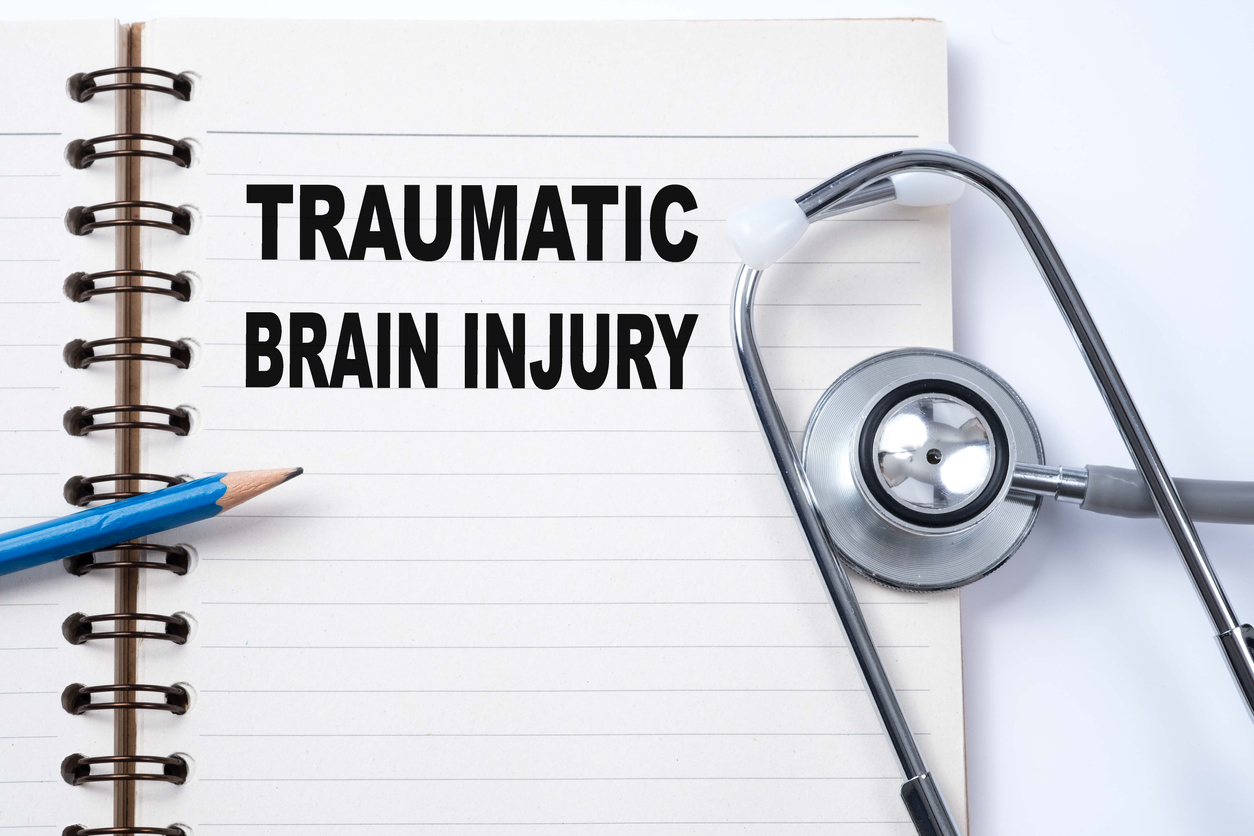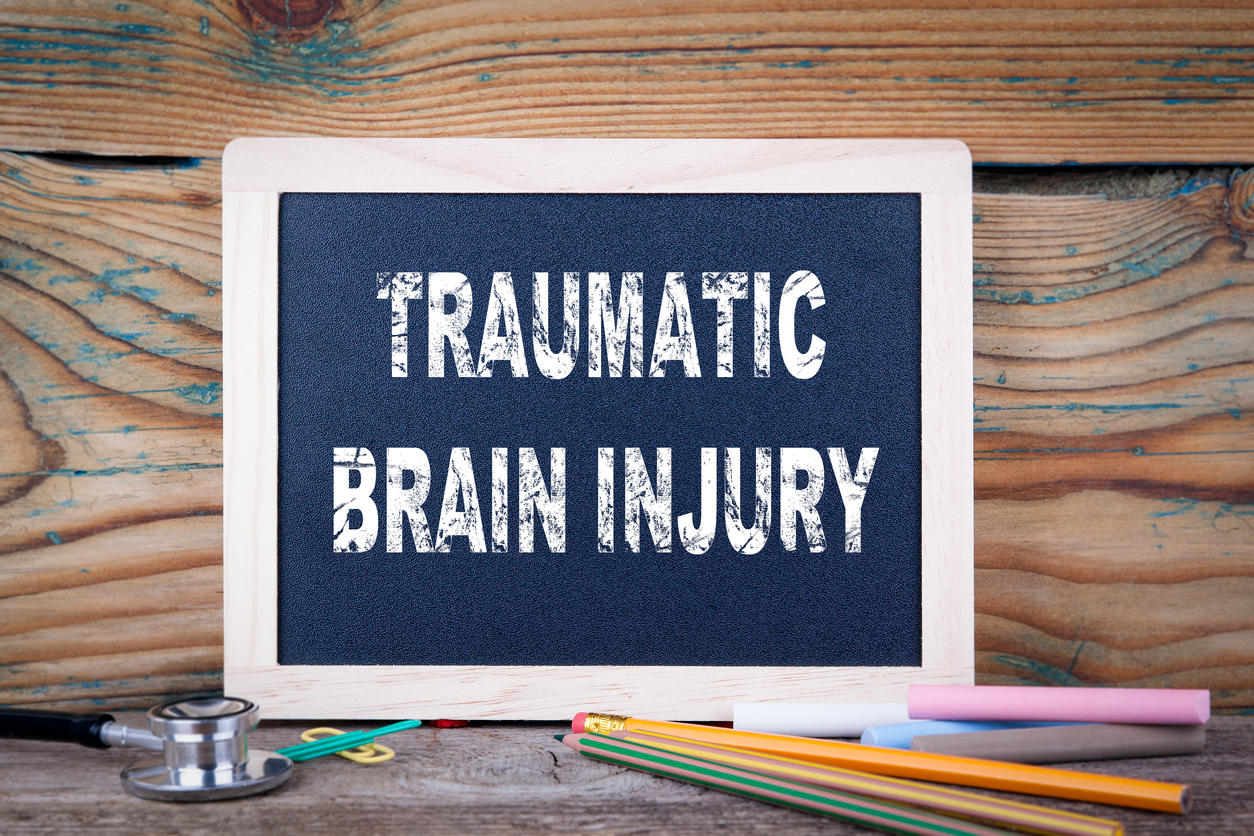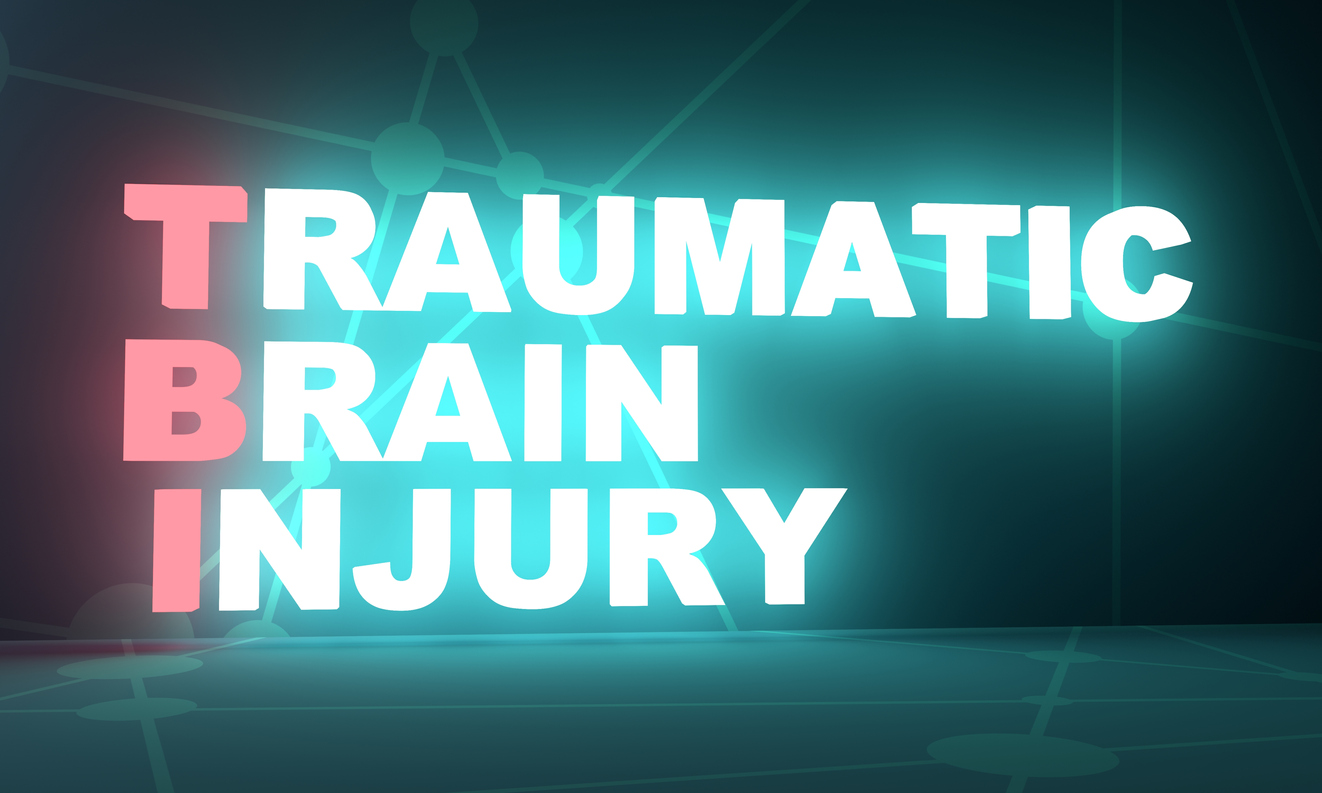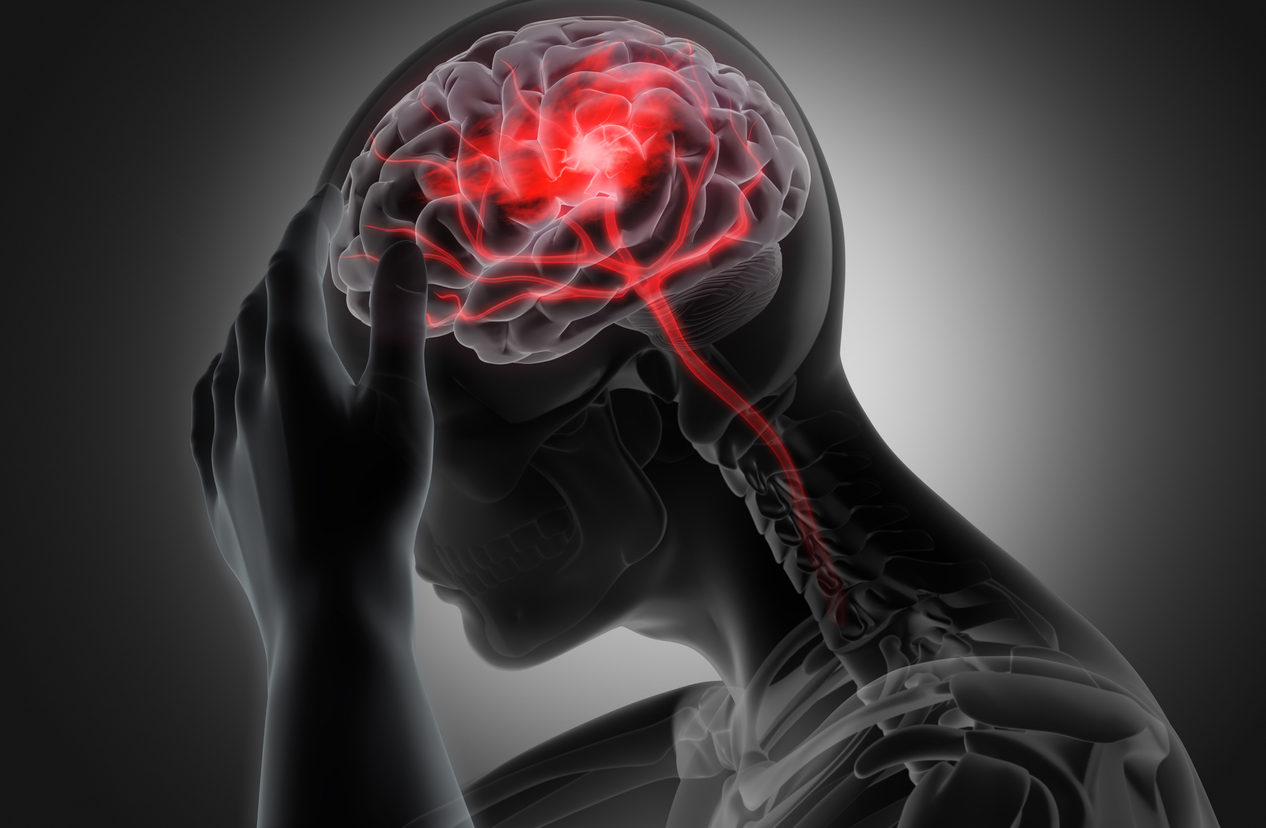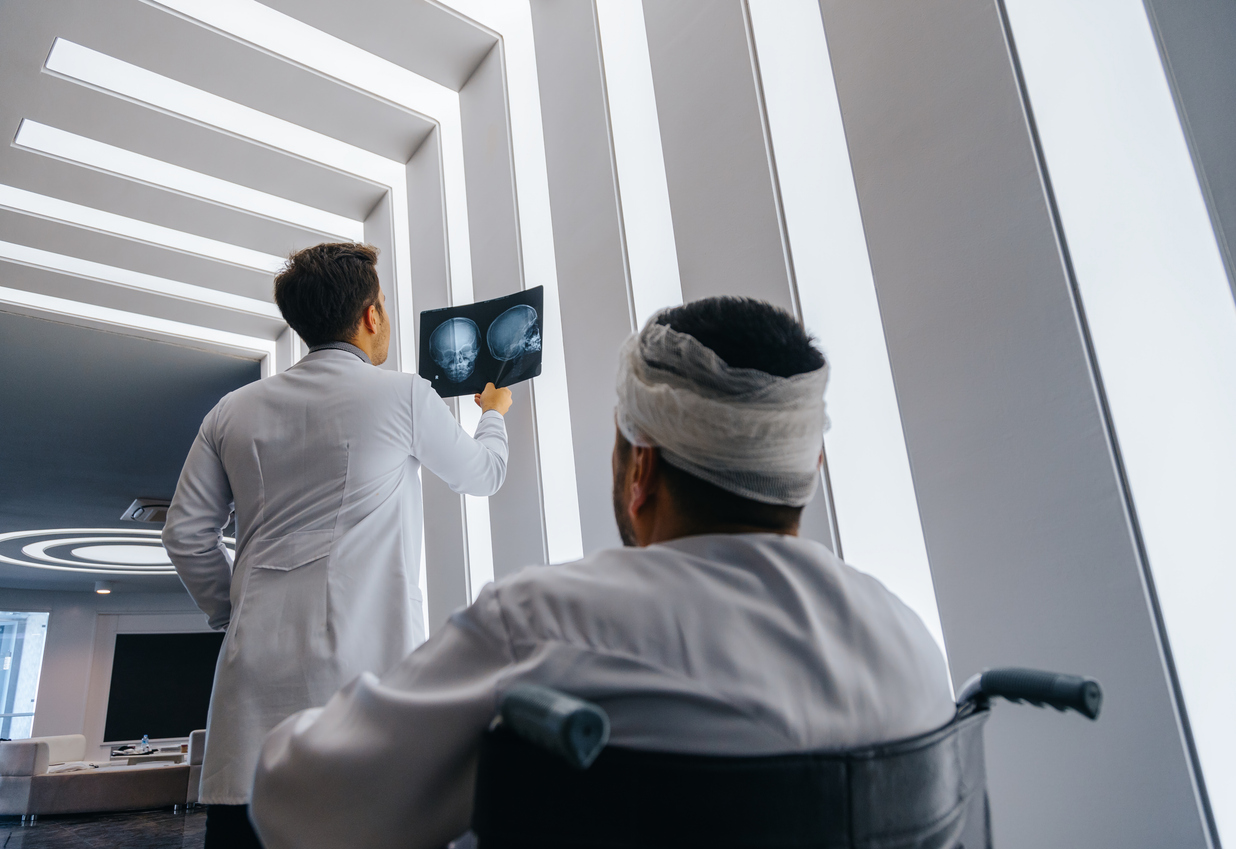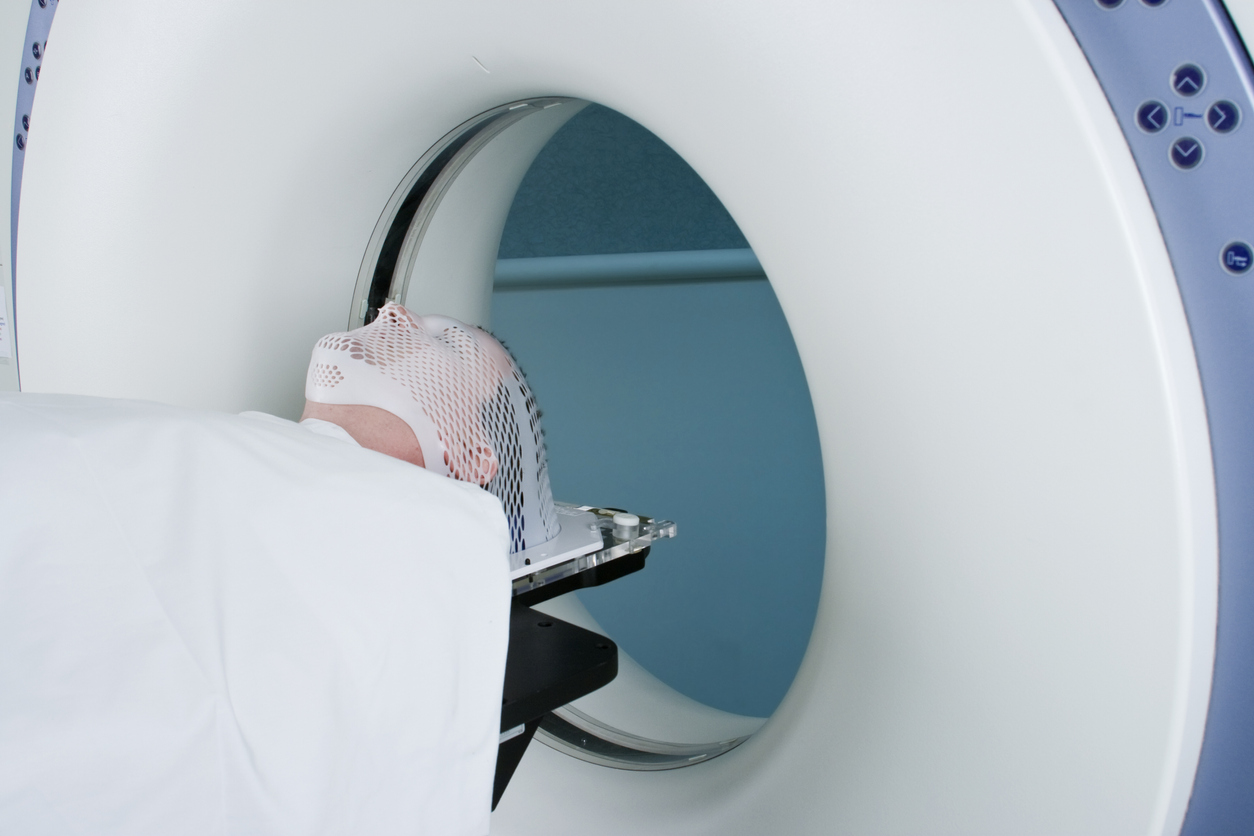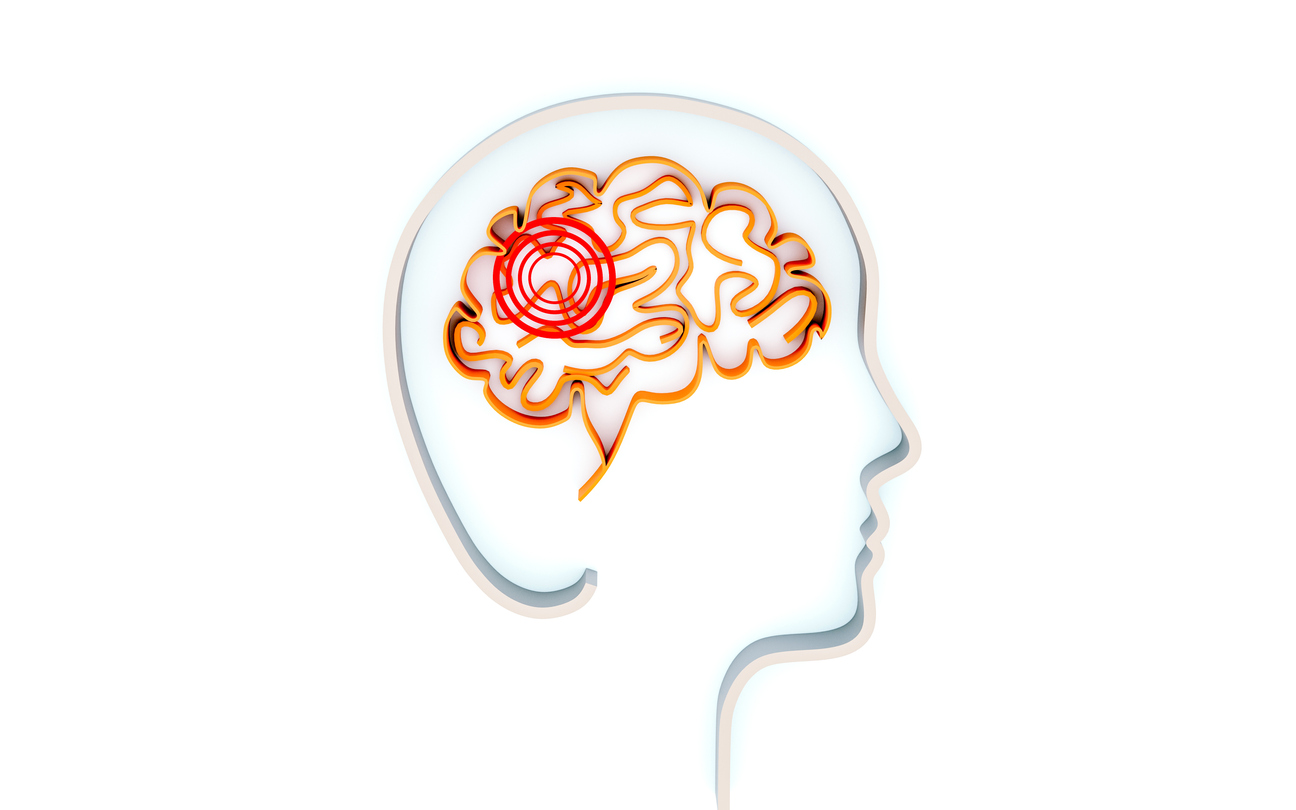Pain
Post-Traumatic Headaches

What is a traumatic brain injury?
A traumatic brain injury (TBI) is a type of brain damage that occurs as a result of an injury to the head. This type of injury may be non-penetrative, such as a blow to the head, or penetrative, such as a gunshot wound. The severity of a TBI depends on various factors, and the lasting effects can range from a few days to permanent brain damage or, in severe cases, death. A concussion is the most common type of traumatic brain injury.
What is a post-traumatic headache?
A headache is one of the most common symptoms following a traumatic brain injury. A post-traumatic headache is a headache that occurs within seven days of a TBI, or after regaining consciousness. The headache may be the result of the blood vessels that deliver blood to the brain becoming narrow. Muscle tension that transpires during or following a TBI may also cause post-traumatic headaches.
Symptoms
Post-traumatic headache symptoms are similar to that of a tension headache or migraine. The pain may be mild, moderate or severe. Other symptoms associated with post-traumatic headaches may include the following:
- Nausea or vomiting
- Sensitivity to light or sound
- Dizziness
- Memory issues
- Insomnia
- Difficulty concentrating
- Pulsing head pain
- Mood or personality changes
Post-traumatic headaches may be constant or intermittent. If they last more than three months after a head injury, they are known as chronic or persistent post-traumatic headaches.
Risk factors
Individuals who experienced headaches or migraines prior to a traumatic brain injury are more likely to experience post-traumatic headaches. A family history of headaches or migraines also increases the risk of developing post-traumatic headaches.
Treatment
Treatments for post-traumatic headaches may include, but are not limited to, the following:
- Medications, such as anti-inflammatory or pain medications
- Physical therapy
- Relaxation therapy
- Nerve stimulation
- Occupational therapy
- Cognitive behavioral therapy (CBT)
Prevention
If a head injury or whiplash occurs, speak with a medical professional as soon as possible in order to begin treatment before post-traumatic headaches begin. Certain prescription medications can also help prevent post-traumatic headaches. They may include the following:
- Antidepressants
- Anti-seizure medicine
- Blood pressure medication
Outlook
For the majority of people who experience post-traumatic headaches, the condition resolves on its own within the weeks following a head injury. However, a health care professional should be consulted to rule out more serious conditions and to obtain appropriate treatment methods
Additional source: Medical News Today
